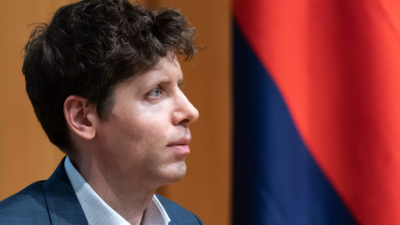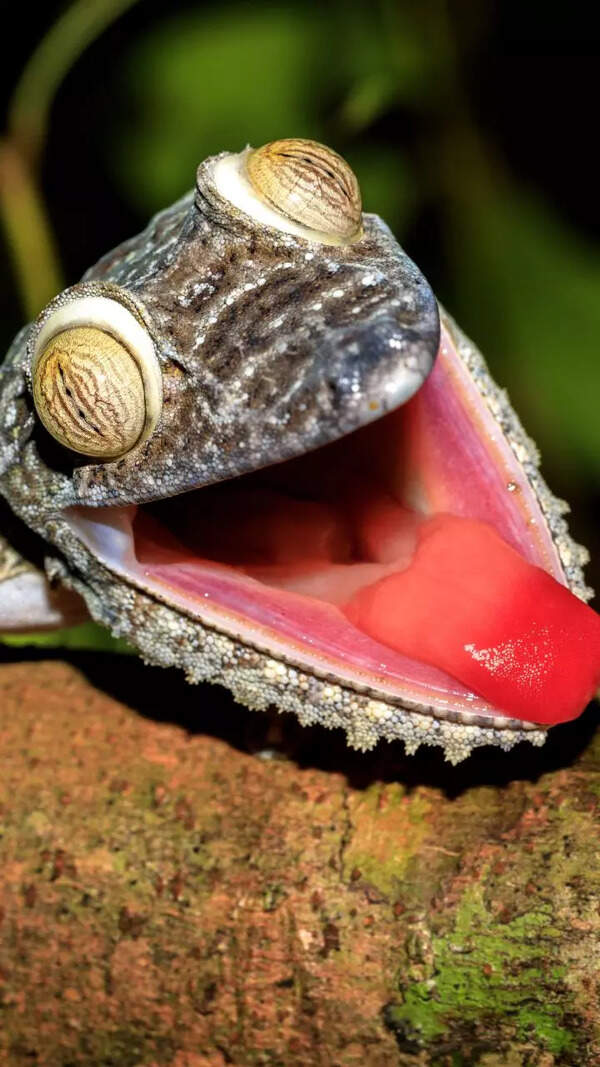- News
- Technology News
- Tech News
- ChatGPT maker OpenAI CEO Sam Altman: Won’t rule out helping Pentagon and the reason is 'weird world'
Trending
ChatGPT maker OpenAI CEO Sam Altman: Won’t rule out helping Pentagon and the reason is 'weird world'
OpenAI CEO Sam Altman has softened his stance on defense collaborations, suggesting a potential openness to assisting the Pentagon in developing new weapons platforms under extreme circumstances. This shift reflects a growing trend within the AI industry, marked by OpenAI's revised national security policy and partnership with Anduril Industries.
OpenAI Chief Executive Officer Sam Altman indicated a potential openness to assisting the Pentagon in developing new weapons platforms, signaling a further shift in the artificial intelligence industry's perspective on collaborating with the defense sector. Speaking Thursday at the Vanderbilt Summit on Modern Conflict and Emerging Threats, Altman said, "I will never say never, because the world could get really weird,” acknowledging the possibility of unforeseen global circumstances.
However, Altman tempered his remarks by saying he did not anticipate working on such a platform "in the foreseeable future," unless faced with dire alternatives. He also expressed concerns about the broader implications of AI in warfare, stating, "I don’t think most of the world wants AI making weapons decisions."
Altman's comments, made in conversation with former National Security Agency head and current OpenAI board member Paul Nakasone, come amidst a growing trend of AI companies showing increased willingness to engage with the defense industry. This represents a notable change from the historical reluctance seen within consumer tech companies, exemplified by significant internal protests at Google in 2018 over defense contracts.
OpenAI revises national security policy
Beyond potential defense applications, Altman stressed the need for governments to proactively learn how to utilize and integrate AI tools more effectively. "I don’t think AI adoption in the government has been as robust as possible," he asserted, predicting the emergence of "exceptionally smart" AI systems by the end of next year.
The discussion between Altman and Nakasone, a retired four-star army general, took place ahead of the anticipated release of OpenAI's advanced 03 reasoning model next week. The audience at the summit comprised hundreds of individuals from intelligence and military communities, as well as academics.

About the Author
TOI Tech DeskEnd of Article
Latest Mobiles
FOLLOW US ON SOCIAL MEDIA










